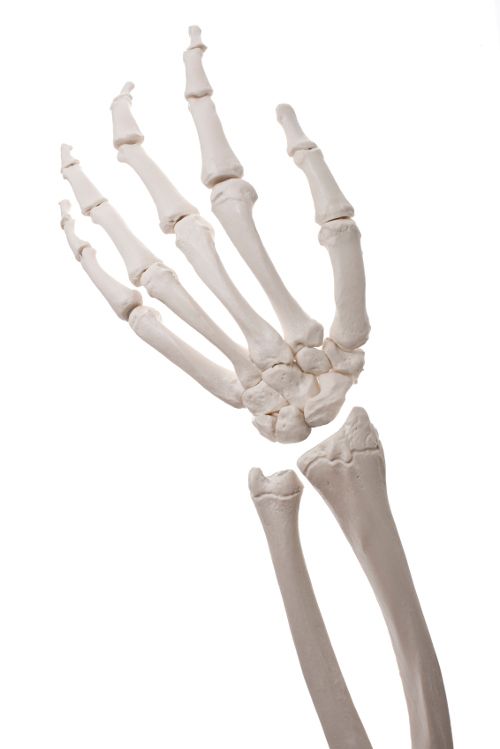Greater Calcium, Vitamin D Intake Could Save Billions in Healthcare Costs from Bone Fractures
A new analysis finds that more widespread use of calcium and vitamin D supplements could save nearly $4.3 billion per year in EU healthcare costs stemming from bone fractures caused by osteoporosis.
Photo © iStockphoto.com/archives

Food Supplements Europe (Brussels, Belgium) has released the results of a new independent analysis that suggests a total of nearly €4 billion ($4.27 billion) might be saved per year in EU healthcare costs through more widespread use of calcium and vitamin D supplementation. The study, conducted by researchers from Frost & Sullivan, assessed the economic impact of supplement use on reducing bone fractures caused by osteoporosis.
With approximately 27.8 million people in the EU aged 55 and over suffering from osteoporosis, and 1.24 million osteoporosis-related fractures occurring in the EU each year, researchers forecasted a total cost for dealing with these events at €132 billion ($140.96 billion) from 2016–2020. That comes out to about €26.4 billion per year, or €21,231 ($22,672) per event, according to the analysis.
But once researchers considered the potential beneficial impacts of widespread vitamin D and calcium use, they found a considerable potential reduction in the overall cost associated with osteoporosis-related fractures. Relying on past studies that found daily supplementation with 1000 mg of calcium and 15 µg of vitamin D resulted in a 15% risk reduction in osteoporosis-attributed fractures in adults over 55 with osteoporosis, researchers concluded that there could be 186,690 fewer such fractures per year, if all of those at-risk individuals consumed calcium and vitamin D supplements regularly at this amount. That could add up to a total potential savings of €3.96 billion ($4.23 billion) per year in healthcare costs.
“This new analysis, for the first time, demonstrates that more widespread supplementation with these nutrients could also save many billions of euros in avoidable healthcare costs,” says Ingrid Atteryd, chair of Food Supplements Europe. “Educating target consumers to understand the benefits of calcium and vitamin D, through official advice at both EU and national levels, and via healthcare professionals in the media, could deliver major benefits in both well-being and financial terms.”
Overall, 17.6% of the 157.6 million people in the EU have osteoporosis and are considered to be at risk for experiencing a related fracture, according to Food Supplements Europe. “The EU's population is aging, and without taking action, the number of bone fractures attributed to osteoporosis will almost certainly rise,” Atteryd adds. “As such, it has never been more important to leverage the substantiated benefits of calcium and vitamin D to help minimize the financial burden of this disease on healthcare systems across Europe.”
Also read:
New Bone-Health Supplement Combines Calcium Carbonate with Vitamins K2, D3
Bone Health Ingredients Stand Tall in New Research
HHS announces restructuring plans to consolidate divisions and downsize workforce
Published: March 27th 2025 | Updated: March 27th 2025According to the announcement, the restructuring will save taxpayers $1.8 billion per year by reducing the workforce by 10,000 full-time employees and consolidating the department’s 28 divisions into 15 new divisions.










